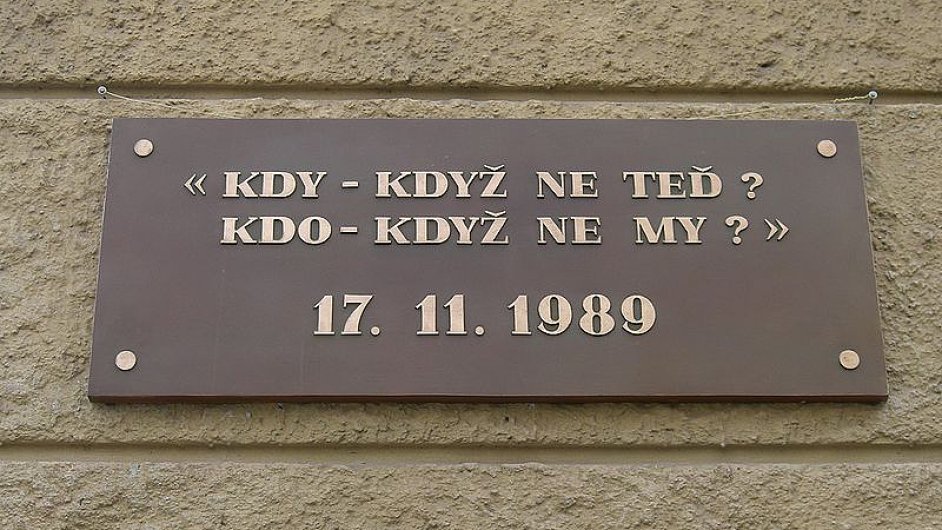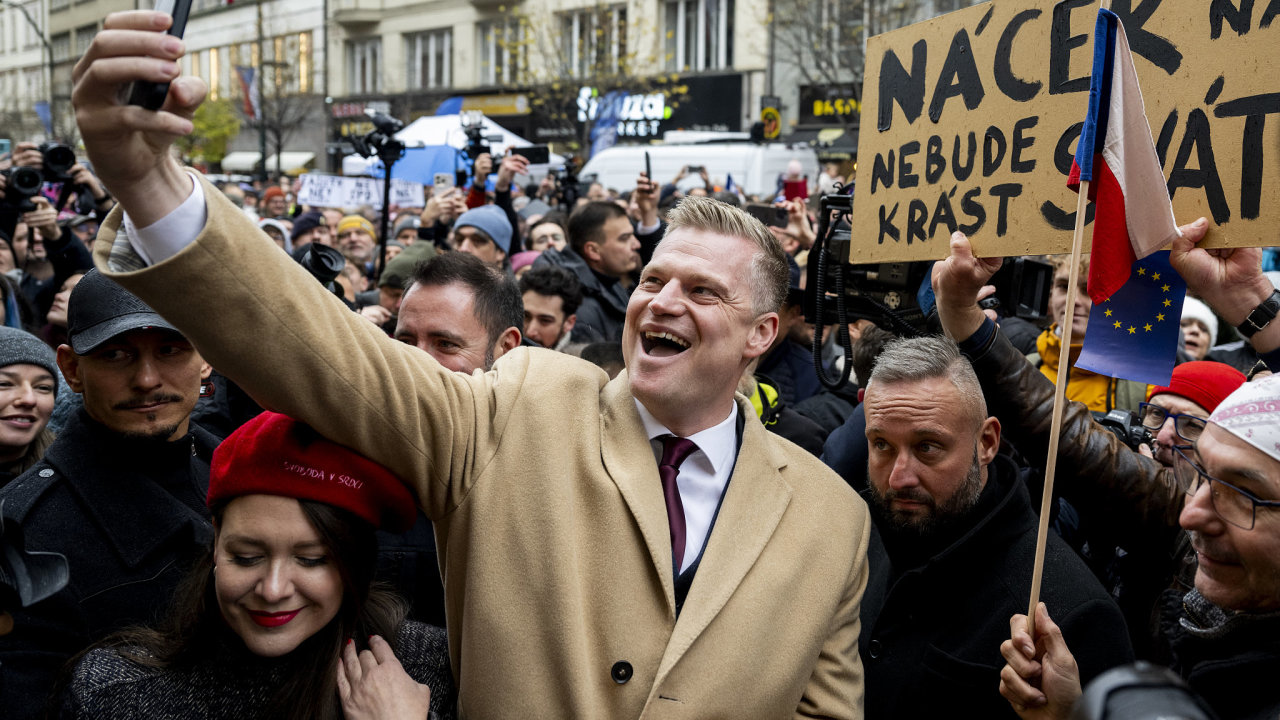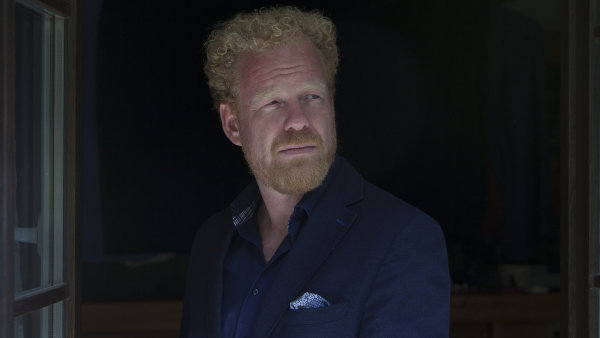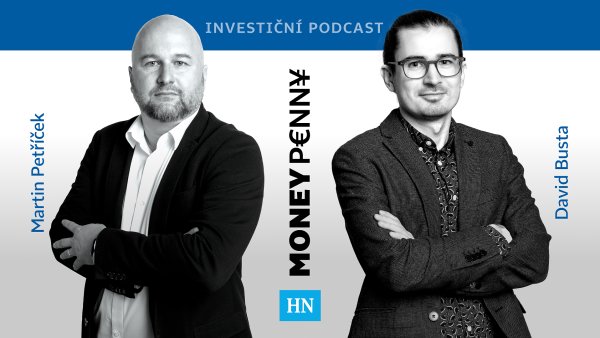“When -- if not now? Who -- if not us?” : the phrase echoed by the Czech students who simply could not take anymore, immortalized on a plaque in Albertov.
This marked the beginning of the Velvet, or “Gentle”, Revolution on November 17th, 1989. As the twenty-fifth anniversary approaches, we Americans are inclined to reflect on not only what this means to us as students, but as citizens, too.
November 17th is much more than a bank holiday or a day off of studies. Many of the locals we interact with on a daily basis -- neighbors, flatmates, and teachers alike -- were affected in some important way by the Velvet Revolution. Over the weekend we asked these people what this day meant to them, and some of our results were surprising.
Jelani Spencer-Joe, a 19-year old undergraduate student from New York City, inquired about this day with a female resident of Strakonice, a town in the South Bohemian Region of the Czech Republic. “It [Communist Occupation] disrupted her entire life”, said Spencer-Joe, “and it was hard for her to adjust because she grew up in a small village where life was predictable.” According to Spencer-Joe, life before the Velvet Revolution was hard on these villagers, from being passed around from Nazi to Communist occupation. Somewhere in the village, there was a sense of hope sparked by shift away from totalitarian leadership. “She felt like there was a change in Czech people because they were being independent and sticking up for their country”, said Spencer-Joe.
Though it seemed not all Czechs were as negative about the Communist occupation. Some, it seemed, were even nostalgic of the time. Michelle Kim, a student of UCLA college in Los Angeles, California, spoke a 41 year old mother, Klara Jakeš, who was born and raised in Prague.
“Many say that communism repressed the entire society during the Communism era, but I beg to differ,” claimed Jakeš. She explains that though people were stuck with particular roles and jobs during this time, there was still job security and no one was necessarily poor. Jakeš goes on to assert that the switch to a more capitalist society post-revolution drove Czechoslovakia to become more greedy and money-based. “You never really saw beggars on the street”, said Jakeš.
For Jakeš and many other proponents of Communism, a fixed social structure allowed people to live in a state of harmony. In a sense, all anger was targeted towards the government. Since the fall of Communism, in Jakeš opinion, people have turned their aggression towards each other, creating a hyper-competitive society. The greater the economic gap, she predicts, the more likely Communism may return as a solution to this problem.
My question is, which way do you think Czech and Slovak society is heading? Was the Velvet Revolution a blessing, or a curse in disguise for Czech togetherness? Are Czechs better off now?
As an American, I of course would predict that most Czechs are better off with freedom of expression, open markets, and the liberty to come and go as they please -- but you be the judge. Let me know in the comments below.
 Přidejte si Hospodářské noviny
mezi své oblíbené tituly
na Google zprávách.
Přidejte si Hospodářské noviny
mezi své oblíbené tituly
na Google zprávách.
Tento článek máteje zdarma. Když si předplatíte HN, budete moci číst všechny naše články nejen na vašem aktuálním připojení. Vaše předplatné brzy skončí. Předplaťte si HN a můžete i nadále číst všechny naše články. Nyní první 2 měsíce jen za 40 Kč.
- Veškerý obsah HN.cz
- Možnost kdykoliv zrušit
- Odemykejte obsah pro přátele
- Ukládejte si články na později
- Všechny články v audioverzi + playlist









